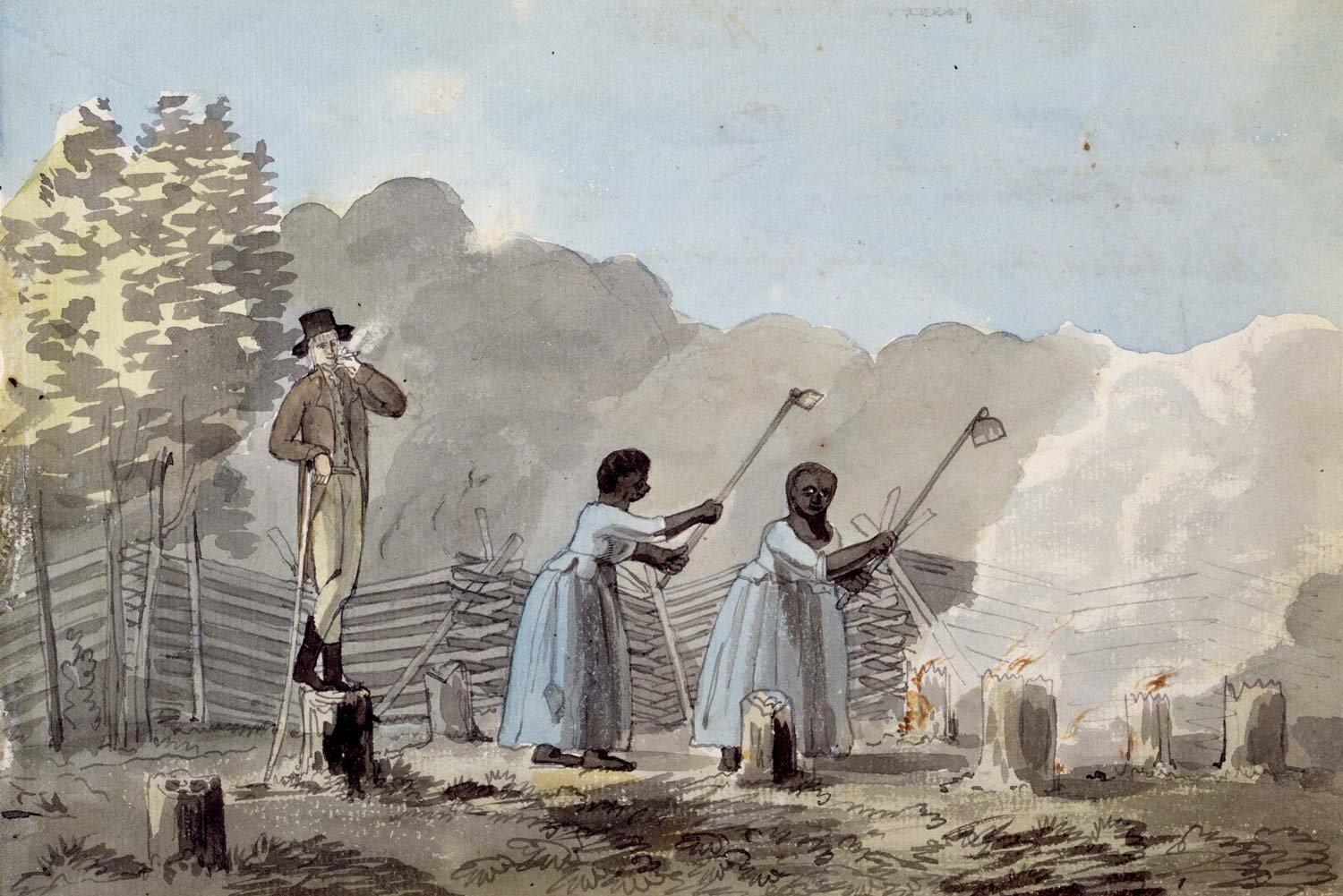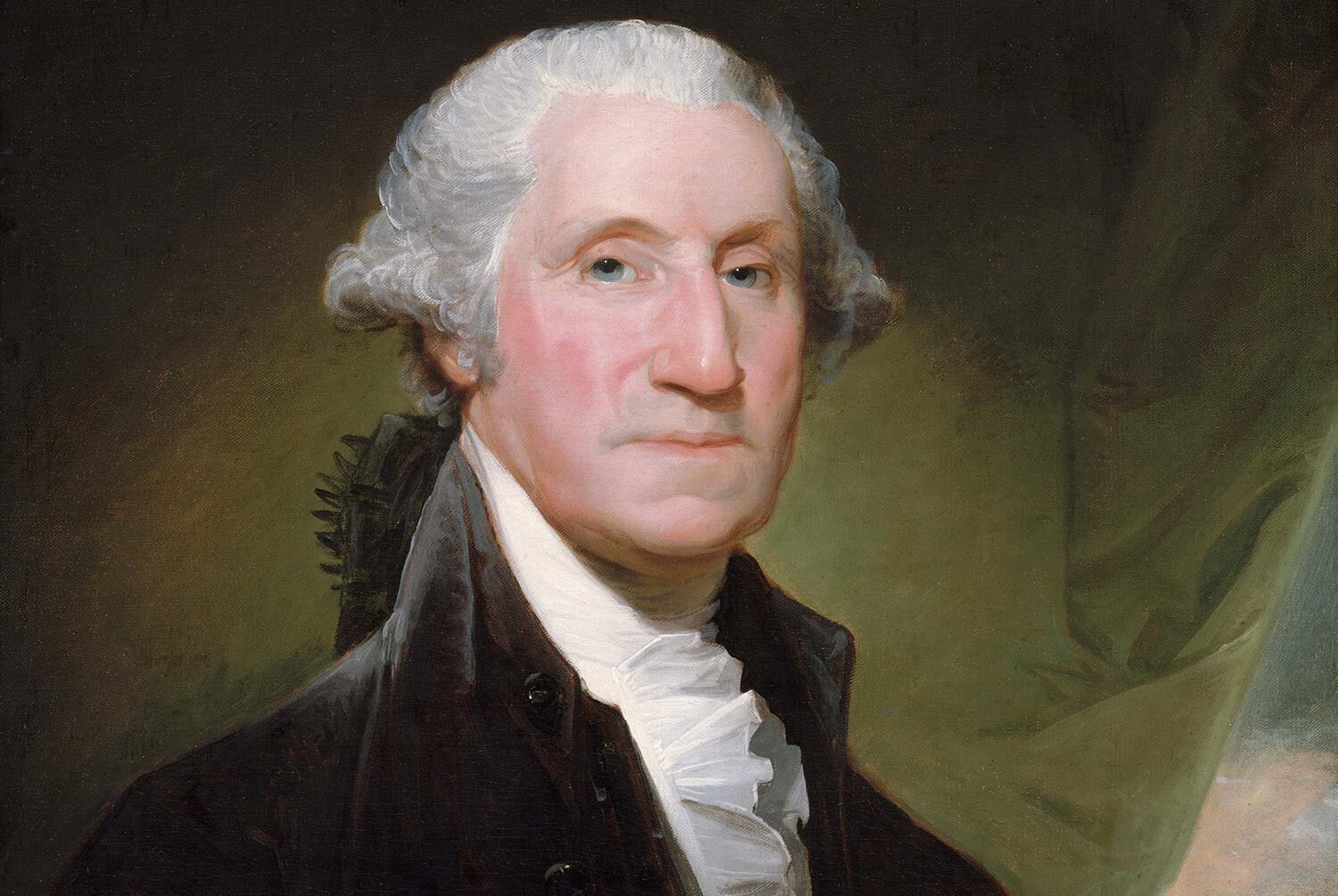The Slavery Question at the Constitutional Convention
One of the most troublesome questions at the Constitutional Convention was what to do about slavery. Not whether it should be abolished by the new Constitution, but whether slaves would be counted in the census and if the states or the central government would control the institution and what that control would look like. All delegates recognized the terrible inconsistency between slavery and the words expressed in our Declaration of Independence. But they understood the task at hand was to create a new form of national government that could prosper under the conditions that existed. Most importantly, the fact remained that the southern states were not ready to completely let it go and, as John Rutledge from South Carolina stated, the true question was “whether the southern states shall or shall not be part of the Union.”
Tom Hand, creator and publisher of Americana Corner, discusses how delegates at the Constitutional Convention approached the question of slavery, and why it still matters today.
Images courtesy of Library of Congress, The New York Public Library, National Archives, National Portrait Gallery - Smithsonian Institution, Virginia Museum of Fine Arts, Wikipedia.




On March 4, 1789, the Constitutional government, largely the creation of James Madison’s fertile mind, took effect. Naturally, Madison was there at the start to help President George Washington implement and execute this new government. But within a matter of just a few years, Madison would be opposed to the new administration that he helped bring to power as he saw the federal government going in a direction he had not envisioned. Madison’s about face, arguably the greatest political transformation by a national figure in American history, came about largely because of differing ideas regarding what the new government should look like.